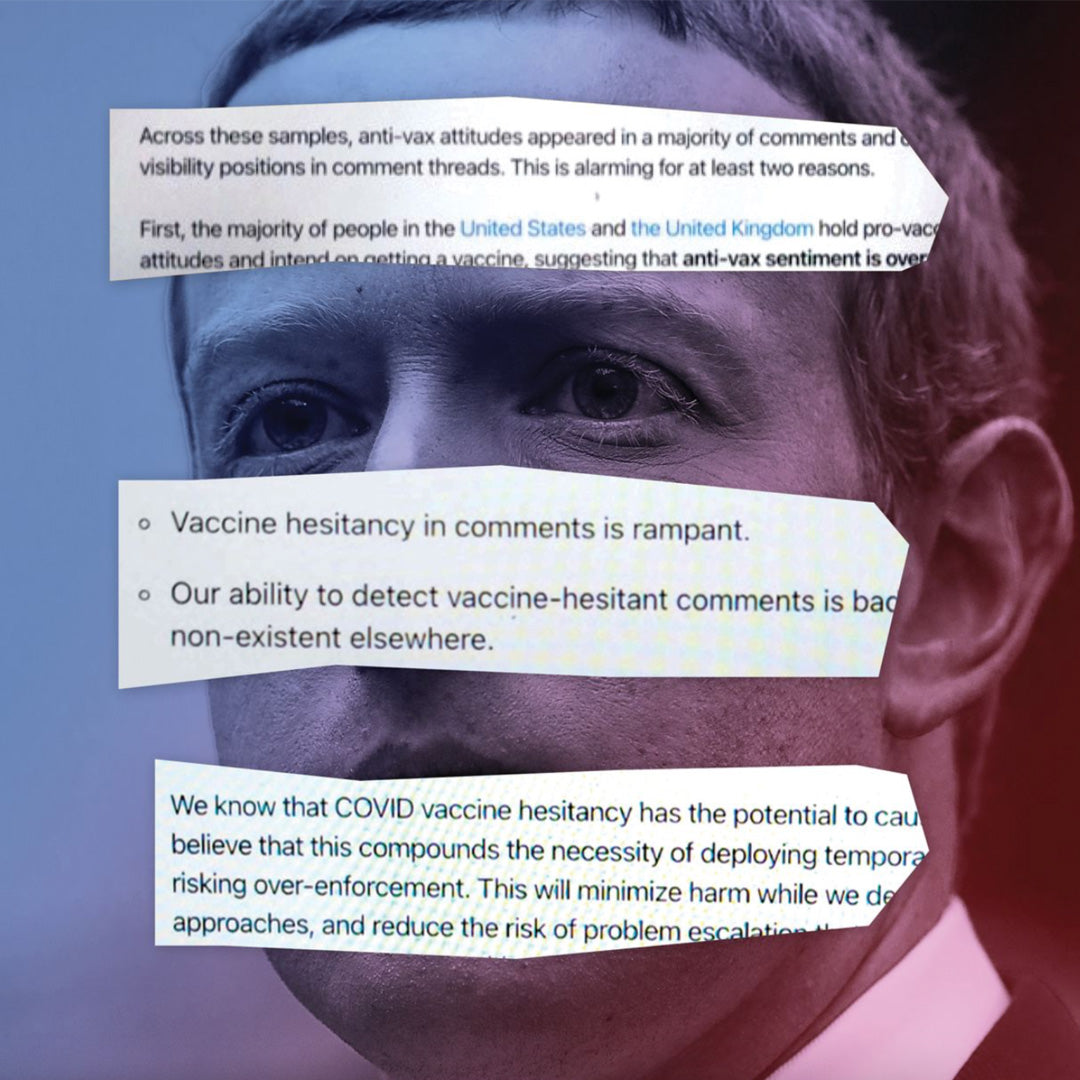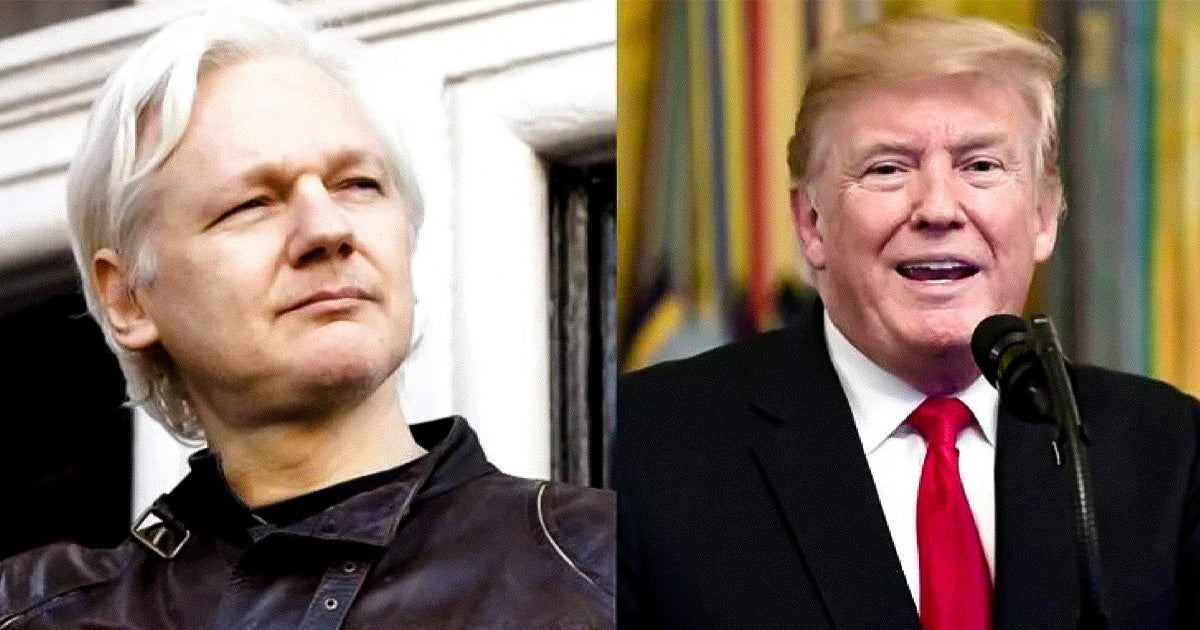We hope you enjoy our Think Inc. Thursdays, hand-made for curious minds and cool people.
Learn about the reality of freedom of expression on university campuses with Peter Boghossian and Josh Szeps, Steven Pinker's new BBC series, whether scientists make better politicians, and some rad science news about bringing back the woolly mammoth and re-thinking human migration into the New World.
Don't forget that our October classes of How To Be Stoic: Ancient Wisdom for a Happier Life start up next Tuesday – click here to sign up!.
As always, let us know if you come across any interesting news – we love hearing from you.
Warm regards,
Suzi
RETURN OF THE WOOLLY MAMMOTH

Earlier this month a bioscience and genetics company in the US raised $15 million USD for a project to bring the woolly mammoth back from the dead. The geneticists plan on creating an elephant-mammoth hybrid that looks just like a woolly mammoth. By using the skin cells from Asian elephants, and adapting them into versatile stem cells that carry mammoth DNA, they may be able to create a cold-resistant elephant that could go on to reproduce within 4 to 6 years.
Some scientists believe that bringing the animal back could help restore the ecosystems of the Arctic tundra, but obviously there are huge ethical questions. What could happen if we introduce these animals back to the world? Is it ethical to create hybrid animals and release them? Maybe we should ask Peter Singer.
GHOST TRACKS

A recent study on fossilized human footprints found in New Mexico reveals that people lived there during the peak of the last ice age, at least 5,000 years earlier than other accepted evidence suggests.
The White Sands footprints were created by children, teenagers, and the occasional adult walking through the soft mud beside an ancient lake, now part of the White Sands National park. These humans were using a land bridge that connected Siberia with Alaska.
The footprints are unique as they provide unequivocal evidence of early human occupation. Other early sites, such as the Chiquihhuite Cave in Mexico are disputed because they rely on stone tools or other artefacts that could have been moved.
BETTER POLITICIANS

Speaking of rational thinkers, we’re wondering: do scientists make better political leaders? This topic was raised in a recent article in The Conversation by two Aussie scientists, who say that Angela Merkel is a great example of scientists making strong leaders.
Merkel has a doctorate in quantum chemistry, meaning she’s got a good grip on taking a rational approach, and not jumping to emotional conclusions. It made her a consistent and dependable leader over five terms in office… in that time Australia has had seven leadership changes!
Australia’s parliament has only seven members trained in STEM. We need leadership that’s willing to adopt new technology and take a science-based approach to problem-solving, but how can we attract more scientists into politics? Are there enough incentives? Let us know your thoughts.
PERMISSION TO THINK

More people are questioning whether universities can still be regarded as places where freedom of thought and expression are encouraged. Staff and students alike are feeling increasing pressure to conform to certain postmodern ideologies, or risk losing their job or reputation.
A notable recent example is Peter Boghossian, a philosophy professor from Portland State University who rose to prominence after highlighting the disintegration of academia. Along with Helen Pluckrose, whose Free Thought Live event you should check out on our YouTube channel, wrote a number of phony, pseudo-intellectual papers that got published in academic journals, showing the flaws in current peer-review.
In his goal to get to the truth, Peter became a bit of a heretic, and after years of bullying and threats, he finally resigned from his position a few weeks ago. If you’re interested in freedom of expression on campuses, have a listen to our mate Josh Szeps’ recent podcast with Peter. It's part of a podcast series called ‘Permission to Think’, a collaboration between Josh and our mate Alan Davison from the University of Technology, Sydney.
Don’t forget Josh is the host for our Aussie Peter Singer shows which have new dates!
THINK WITH PINKER

Steven Pinker fans- we’ve got some great news! The BBC is set to release a 12-part radio and podcast series called Think With Pinker, and it’s all about how we can harness rational thinking to help us see the world more clearly.
In each episode, Pinker will explain a tool of reason, like probability or game theory, and discuss it with a theoretical expert or real-world practitioner. So far we know that Bill Gates, and an expert in cognitive biases, Daniel Kahneman, will be some of his guests.
The series promises to be a real mental workout, and Pinker hopes to help listeners "in an era of fake news, quack cures, conspiracy theories, paranormal woo-woo, and ‘post-truth’ rhetoric".
The series starts on November 16th, but until then, if you’re interested in thinking critically, register your interest for our future Think Inc. Academy course Logic Fallacies & Biases. We cover cognitive biases, logical fallacies, formal logic, and much more! Previous students loved these classes, so we’re bringing them back by popular demand.
PHOTO OF THE WEEK

In a study published recently in Cell Stem Cell, researchers report on how they’ve grown miniature brains with a set of eye-like formations called optic cups.
The optic cups are precursors to the retina, and its development within the tiny organoids resembled the emergence of eye structures in human embryos.
The research could help scientists understand eye diseases, eye development, and differentiation processes.


Leave a comment
This site is protected by hCaptcha and the hCaptcha Privacy Policy and Terms of Service apply.